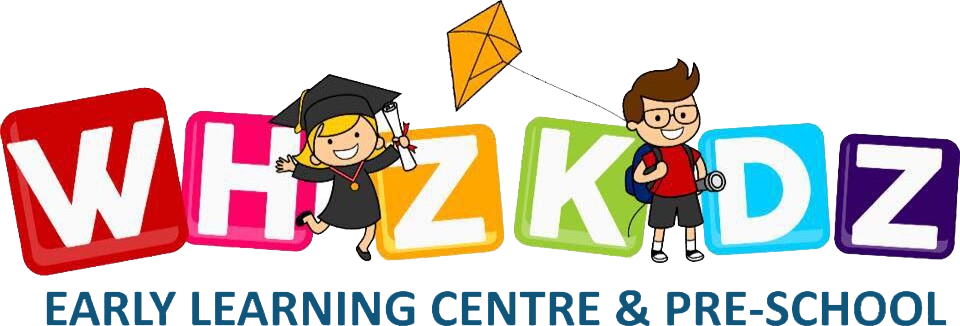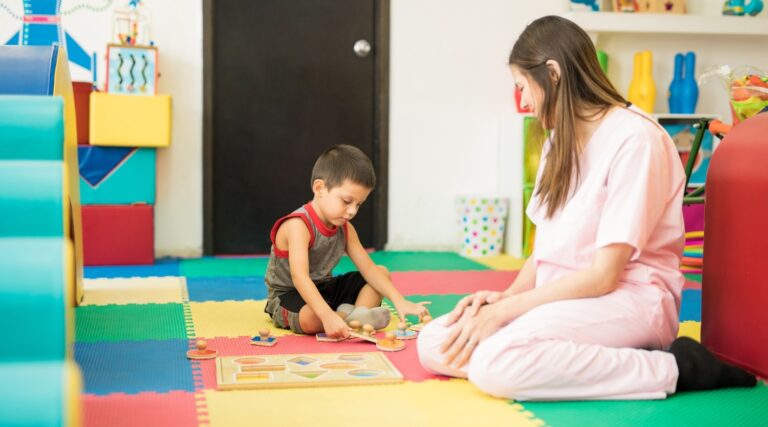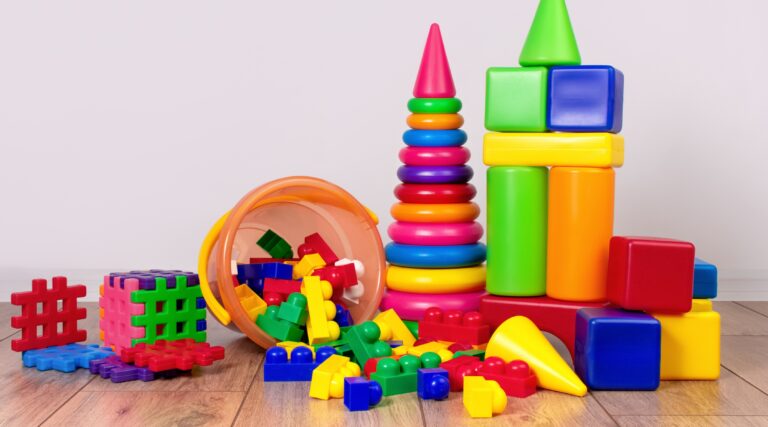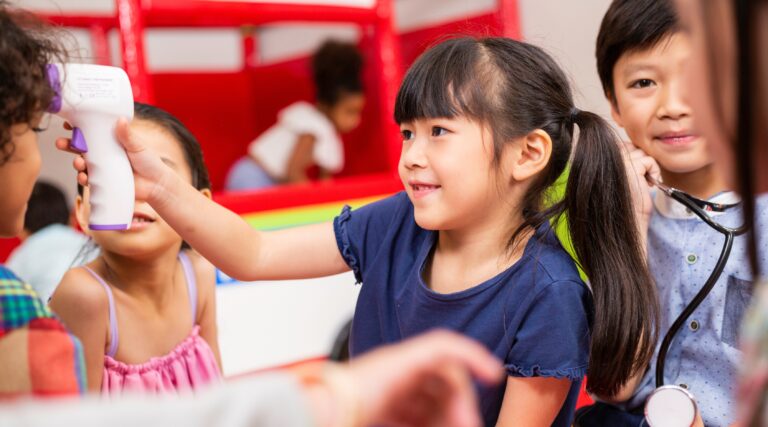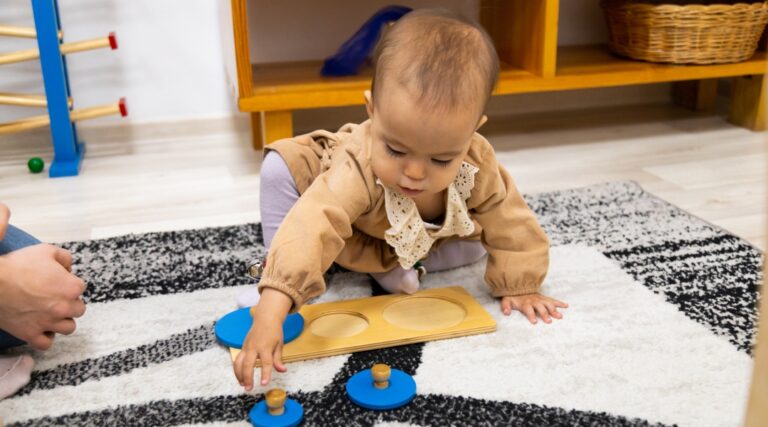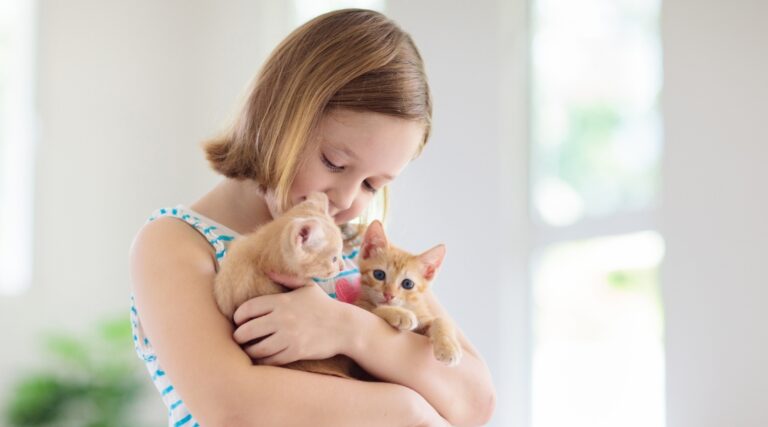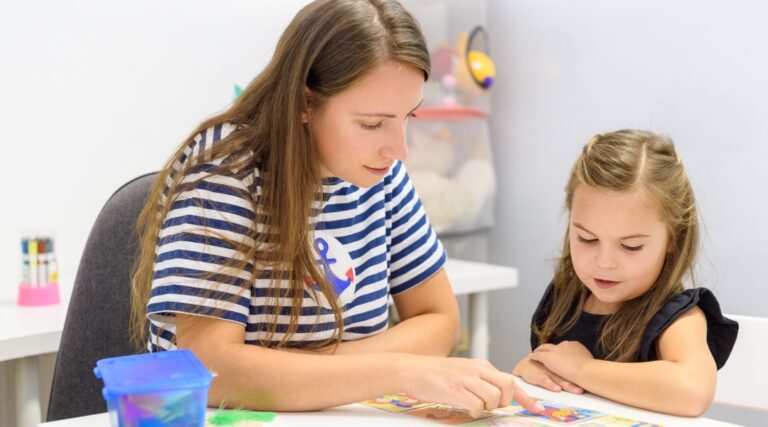How to Use Puppetry to Enhance Communication Skills in Young Children
At Whiz Kidz Caroline Springs, we believe in utilising a variety of engaging and creative methods to foster development in young children. One of the most effective and fun ways to enhance communication skills in young children is through puppetry. Puppetry not only captivates children’s imaginations but also provides a unique platform for language development, emotional expression, and interactive storytelling. Here’s how we integrate puppetry into our curriculum to boost communication skills among our little ones.
Introduction to Puppetry
Puppetry involves using puppets, which can be anything from professionally made puppets to simple sock puppets, to tell stories, perform plays, or even just have a conversation. Puppets serve as a tool through which children can project their thoughts and emotions, making it easier for them to express themselves in ways they might feel uncomfortable or unable to with traditional communication.
Enhancing Verbal Skills
1. Vocabulary Development: Puppets encourage children to experiment with new words and phrases in a playful context. During puppet shows, educators can introduce new vocabulary related to the story or the characters’ emotions, providing a natural setting for children to learn and use new terms.
2. Dialogue Practice: Interacting with puppets gives children a chance to practice dialogue. Children often feel less shy and more willing to engage in conversation with a puppet than directly with adults or peers. This interaction fosters conversational skills and confidence in speaking.
Fostering Emotional Expression
1. Emotional Role-Play: Puppets can be used to act out various scenarios that may evoke different emotions. This role-play helps children understand and express their feelings. For instance, a puppet show can depict a puppet feeling sad because it lost a toy, guiding children to discuss or act out solutions and empathy.
2. Understanding Perspectives: Using different puppets to represent different characters allows children to explore various perspectives and emotional responses, enhancing their empathy and emotional intelligence.
Encouraging Interactive Storytelling
1. Story Creation: Children are encouraged to create their own stories using puppets. This activity not only stimulates their imagination but also enhances narrative skills. As children decide what happens next in the story, they learn to structure their thoughts and communicate them clearly.
2. Collaboration and Sharing: Puppetry often involves group participation, where children can collaborate to create performances. This teamwork encourages them to communicate their ideas and listen to others, improving their social communication skills.
Building Listening Skills
1. Attentive Listening: During puppet shows, children learn to listen carefully to understand the story being told. This attentive listening is crucial in developing effective communication skills.
2. Comprehension and Feedback: After a puppet performance, educators can engage children in discussions about the story, asking questions that require them to recall and comprehend what they heard. This reinforces listening skills and provides a foundation for effective communication.
Practical Tips for Parents and Educators
1. Puppetry at Home: Parents can use puppetry at home by creating simple puppets and involving their children in puppet-making activities. Use puppets to read books, sing songs, or just have a ‘chat’ with your child to make daily routines more fun and educational.
2. Encourage Regular Practice: The more children practice with puppets, the more comfortable they become in their communication. Regular puppet sessions can significantly boost a child’s confidence and speaking abilities.
3. Use Puppets for Difficult Conversations: Sometimes topics that are difficult to discuss can be more easily introduced with a puppet. Children might find it easier to express worries or fears to a puppet rather than directly to an adult.
Conclusion
At Whiz Kidz Caroline Springs, puppetry is more than just play. It is a strategic tool used to enhance communication skills among young children. By integrating puppetry into our educational activities, we provide a supportive and effective way to develop verbal, emotional, and social abilities in our children. We encourage parents to explore the magical world of puppetry at home, continuing the learning and development in fun and creative ways.
